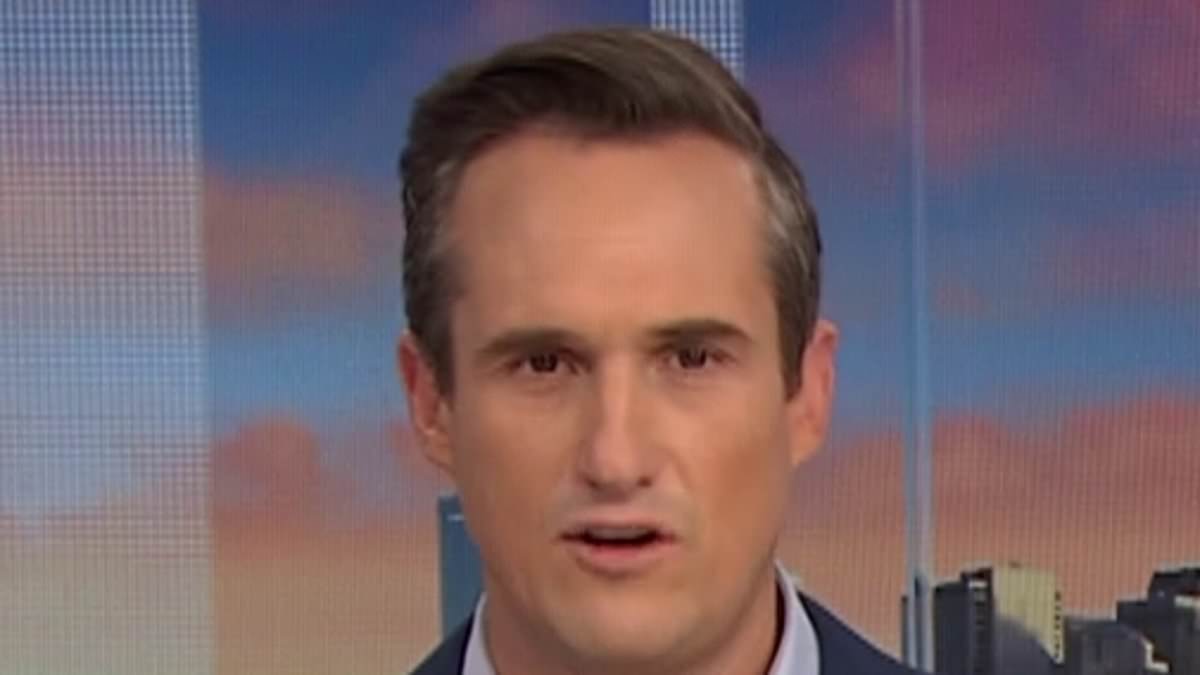
As Australia’s housing crisis continues to deepen, many Australians, especially younger generations, are losing hope of ever owning a home. ABC News Breakfast host James Glenday recently challenged Finance Minister Katy Gallagher, shedding light on the stark contrast between skyrocketing housing prices and wages that fail to keep up.
Soaring Housing Prices Outpacing Wages
In a recent interview on ABC News Breakfast, Glenday addressed predictions that the median house price in Sydney will rise by 7%, potentially reaching $1.8 million by mid-2026. Comparatively, the median salary for a full-time worker is only $90,000, leaving young Australians questioning the possibility of homeownership amidst economic challenges. “How can people under the age of 40 get excited about productivity and making the economy efficient when they can’t afford to buy a home?” Glenday asked.
In response, Gallagher acknowledged decades of underbuilding in the housing sector. “We haven’t built enough houses for decades. The fact is, we have to look at how we speed up construction and offer a range of housing options, from supported housing to affordable housing and homeownership,” she emphasized.
Planning Reforms on the Agenda
Addressing the housing affordability crisis will be a key focus of Treasurer Jim Chalmers’ upcoming economic roundtable in Canberra. Discussions will revolve around reforms to fast-track housing construction and innovative housing solutions, such as modular homes. Recently revealed proposals highlight the use of artificial intelligence to streamline lengthy environmental approval processes, with over 30,000 housing approvals currently delayed under the Environment Protection and Biodiversity Conservation Act.
Industry experts like Jocelyn Martin, Managing Director of the Housing Industry Association (HIA), have warned that without urgent reforms, the housing crisis will worsen. “Taxes and charges on a standard Sydney house and land package can exceed $500,000. Red tape, regulation, and delays are adding enormous costs. To address productivity and economic growth, we must reduce barriers to housing development,” Martin stated.
Families Leaving Expensive Cities
The conflict between wages and rising property costs is already driving Australians away from Sydney, Melbourne, and other highly populated areas. According to Muval’s Family Relocation Report, for every family moving to Greater Sydney, more than three are leaving. The report cites the city’s soaring living costs, high property prices, and growing congestion as key factors behind the exodus.
As families leave Sydney for more affordable states such as Queensland, Western Australia, and Tasmania, demographic shifts are becoming apparent. The same report also revealed that nearly 17% of Australians are moving from homeownership to renting due to affordability pressures, compared to just 6.3% transitioning in the opposite direction.
Critical Opportunity for Change
As the housing crisis looms, policymakers face increasing pressure to act. The upcoming Treasurer’s roundtable may represent a pivotal moment for Australia to address its long-standing housing issues. While the challenges are complex, addressing inefficiencies in the construction and approval processes could provide a pathway toward sustainable housing solutions for all Australians.
Housing affordability in Australia is not just an economic issue—it’s a lived reality affecting millions. With federal action and community support, there may yet be hope for solving this nationwide crisis.






